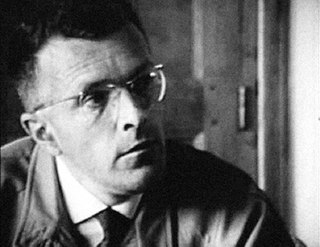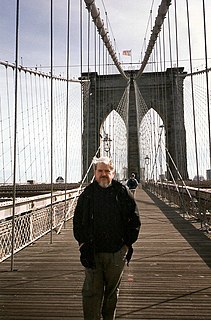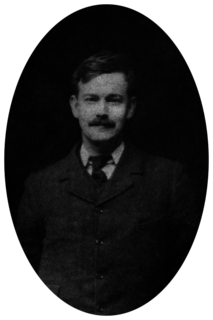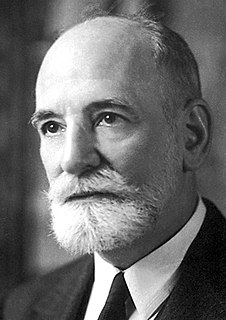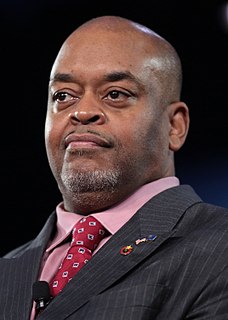A Quote by Goparaju Ramachandra Rao
Existentialist philosophy recognizes the existence of the individual as the real purpose of human life. The recognition is basically atheistic and it encourages the individual to free himself from the impositions of custom, governmental authority, economic pressures, and cultural inhibitions.
Related Quotes
You go back and you examine the reasons America was founded, why it worked, what was magic about it, and you find out that people wanted to come here for cultural reasons, in addition to economic. It was rooted in liberty. It was rooted in freedom. It was rooted in the recognition of the primacy of the individual, the power of the individual over government in this country.
To reverse the trend and reduce the role of government in our lives, and thus alleviate the government deficit and inflation pressures, is a giant educational task. The social and economic ideas that gave birth to the transfer system must be discredited and replaced with old values of individual independence and self-reliance. The social philosophy of individual freedom and unhampered private property must again be our guiding light.
The universe bursts into existence from life, not the other way around as we have been taught. For each life there is a universe, its own universe. We generate spheres of reality, individual bubbles of existence. Our planet is comprised of billions of spheres of reality, generated by each individual human and perhaps even by each animal.
One can delineate the domain of philosophy however one likes, but in its search for truth, philosophy is always concerned with human existence. Authentic philosophizing refuses to remain at the stage of knowledge […]. Care for human existence and its truth makes philosophy a 'practical science' in the deepest sense, and it also leads philosophy—and this is the crucial point—into the concrete distress of human existence.
Theology recognizes the contingency of human existence only to derive it from a necessary being, that is, to remove it. Theology makes use of philosophical wonder only for the purpose of motivating an affirmation which ends it. Philosophy, on the other hand, arouses us to what is problematic in our own existence and in that of the world, to such a point that we shall never be cured of searching for a solution.
I mean, it's real hard to be free when you are bought and sold in the marketplace. Of course, don't ever tell anybody that they're not free, 'cause then they're gonna get real busy killin' and maimin' to prove to you that they are. Oh yeah, they're gonna talk to you and talk to you and talk to you about individual freedom. But they see a free individual, it's gonna scare 'em.
It is not till it is discovered that high individual incomes will not purchase the mass of mankind immunity from cholera, typhus, and ignorance, still less secure them the positive advantages of educational opportunity and economic security, that slowly and reluctantly, amid prophecies of moral degeneration and economic disaster, society begins to make collective provision for needs which no ordinary individual, even if he works overtime all his life, can provide himself.
There are some despotic governments so filled with a feeling of insecurity that they regard the free life of culture as a threat to their existence. ... On the other extreme is the kind of popular government which is so distrustful of all forms of distinction that it sees even in the cultivated individual a menace to its existence. Such states are likely to maintain a pressure which discourages cultural endeavor, although the pressure may be exerted through social channels.
The strong individual loves the earth so much he lusts for recurrence. He can smile in the face of the most terrible thought: meaningless, aimless existence recurring eternally. The second characteristic of such a man is that he has the strength to recognize - and to live with the recognition - that the world is valueless in itself and that all values are human ones. He creates himself by fashioning his own values; he has the pride to live by the values he wills.

